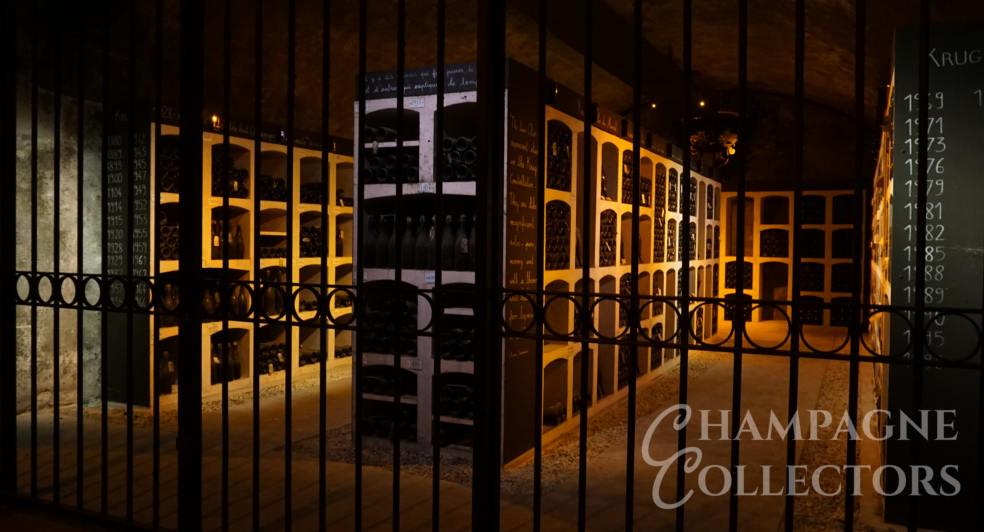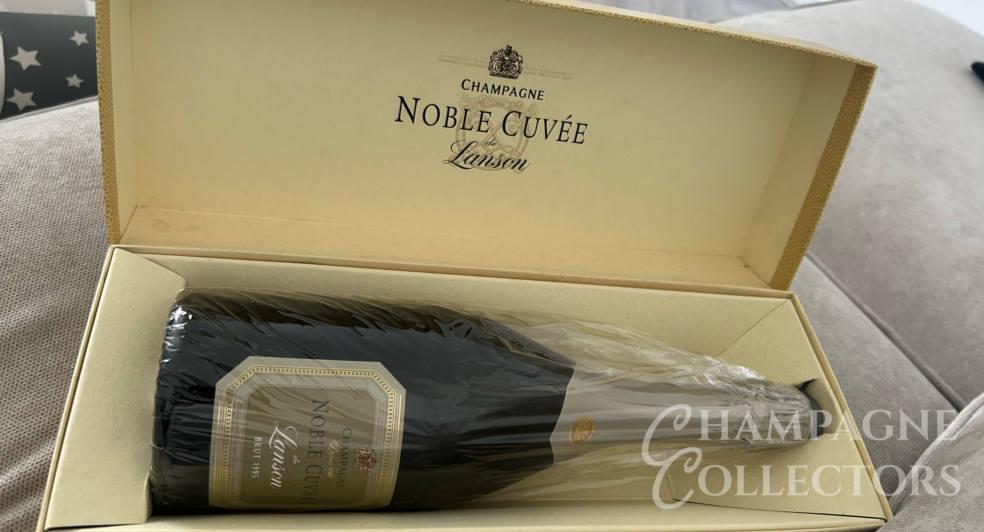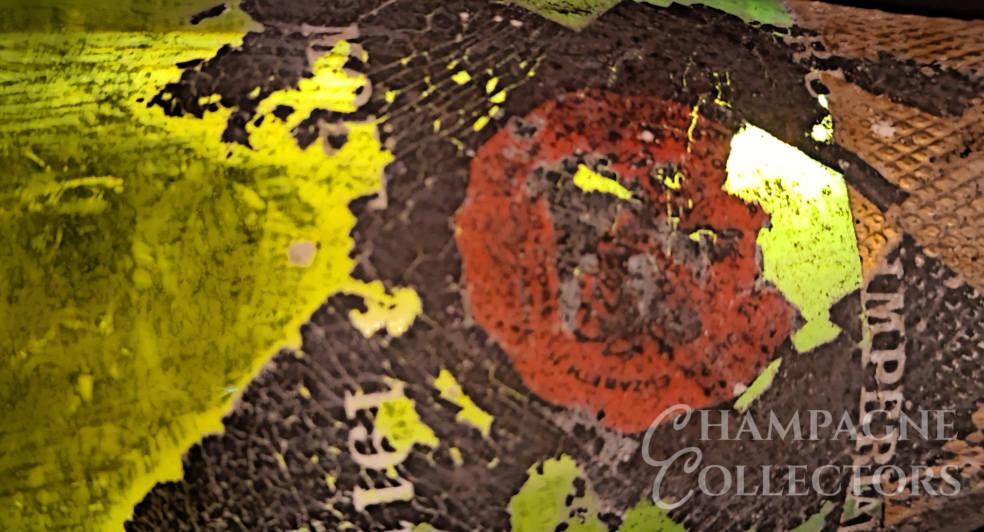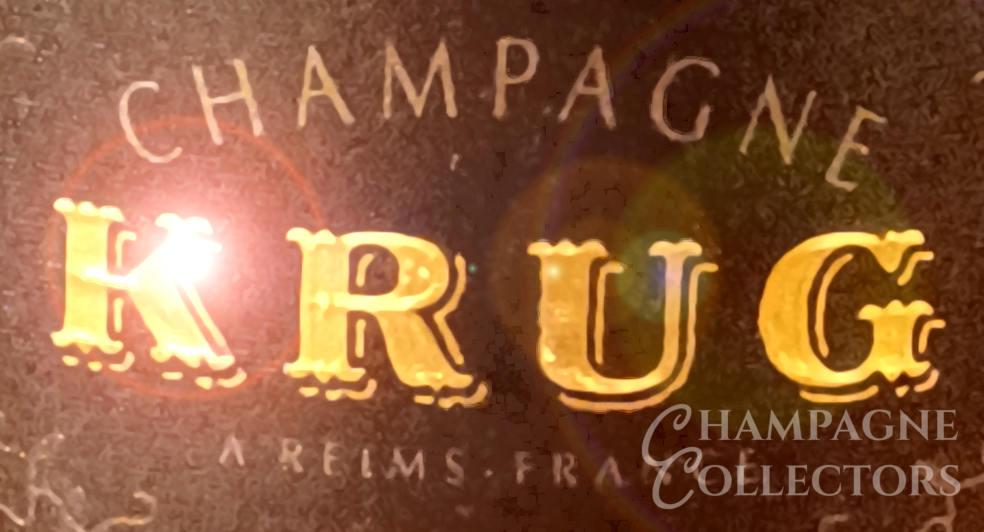One of the more luxury products to invest in is Champagne and it is currently a trending industry which sees plenty of global investments. Let's be honest, so long as we are knowledgable or have been given trustworthy advice, we can chose to invest in most things from property to commodities such as wheat.
Taking format in many ways, it can be larger bulk purchases by investmetment groups to remain in bond to collectors building a portfolio of lsingle abels for financial security - In the fine wine sector, Champagne is a popular region to see £Millions of private and commercial investment alongside the likes of Bordeaux and Burgundy wines.
Bonded warehouses full of investment Champagne can be found across the globe with countless millions of bottles of vintage and prestige cuvée labels resting securely and gathering value. The demand for the finest Champagne labels never falters with names such as Cristal, Salon, Dom Perignon, Krug and others almost guaranteed to hold their values upon purchase and steadily increase year on year. As with any investments, you should always do thorough research yourself and only see this article as information over any form of advice.
Which are the top traded Champagne brands? There are thousands of Champagne labels though most people will be familiar with only a select few and it tends to be these household names that are traded the most - Both brand awareness and quality follows the following labels:
Krug Clos du Mesnil
Krug Clos d’Ambonnay
Krug Collection
Krug Vintage
Dom Perignon Brut Vintage
Dom Perignon p2
Dom Perignon p3
Louis Roederer Cristal
Perrier Jouet Belle Epoque
Bollinger RD
Taittinger Comtes de Champagne Blanc de Blancs
Dom Ruinart Blanc de Blancs
Salon Blanc de Blancs
Pol Roger Winston Churchill
and a few other gems...
Each of the examples above will be vintage releases. with most being traded being recent years with the popular being 2015 / 2012 / 2008. There has also been a growing interest not only in the recent vinatges, but also those of yesteryear which has ignited actions from many Champagne houses to release vinotheque labels enabling collectors and investors to explore longer aged classic years. Dom Perignon currently offers this with their P2 and P3 later release labels as have done Krug with their Collection series, you can also find other classic labels with vinotheque releases including Pol Roger.
To guarantee the best prices, Champagne will need to have confirmed storage from purchase via the winery, such wines will usually have remained in bond and in temperature / humidity / light controlled areas. There are also many wines that have remained in private collections and remained safely stored in cellars / professional wine fridges. Lastly, we have the vintage Champagne that has little to no storage history, those bottles stored at home and at a higher risk of not performing to the standards the winemaker had originally desired. Prices in bond or confirmed professional storage will command the highest prices with the less risk (of bad bottles) and the bottles stored at home will carry the greatest risks so will hold the least value.
There is a live index that gives upto date prices for current vintage Champagne labels though a simple search on Google can give you a good indication on retail prices and past (sold) auction prices - It becomes slightly more difficult to value older vintages as comparisons are scarce and demand is very selective attracting a much smaller audience.
The investing side of Champagne can be quite ugly and many wine professionals will have distain towards the subject. The large investment companies making money on the back of a product that was produced for a global community to enjoy can seem quite mean. Some will say that business is business and by added investments into this sector of wine will increase demand (and prices).
"I see collecting more senior vintage Champagne this way; We are already at a point that most of the winemakers / cellarmasters who produced them are no longer with us and it's very likely they produced them to be enjoyed way before our time today - We are in an unkown and unaccounted for terrritory. Each bottle opened, especially pre 1980's, is an important moment of history that we should try to record and share with others as we are experiencing a unique and unplanned Champagne moment. This is why we created the rating section of Champagne Collectors, we can share vintage Champagne tasting notes of yesteryear and record them in one location for future generations." Christopher Walkey
Where can you purchase investment Champagne? There is now an overwhelming amount of companies that offer taking your investment and placing it into fine Champagnes, but who can you trust and who should you listen to? Depending what level and amount you are looking to invest, either commercially or privately, it always pays to spend time researching and doing so thoroughly. Not only check on rates / fees, but also check feedback / reviews, check for indexed pricing, check wine critique opinions, investigate history of companies and their emplyees (including on LinkedIn).
Much of wine investment is trading and keeping upto date with live indexed prices, rather like shares! On the flip side, it can be less commercialised and you can trade vintage Champagne via online auction websites such as Champagne Collectors where you are reading this information right now!
Companies who offer fine Champagne investment services include:
Let's start off with Champagne Collectors, you can find many great wines for sale on our website and you can add them to your collection portfolio with zero buyers fees!
Vin-X
VinoVest
WineCap
WineInvestment



